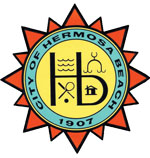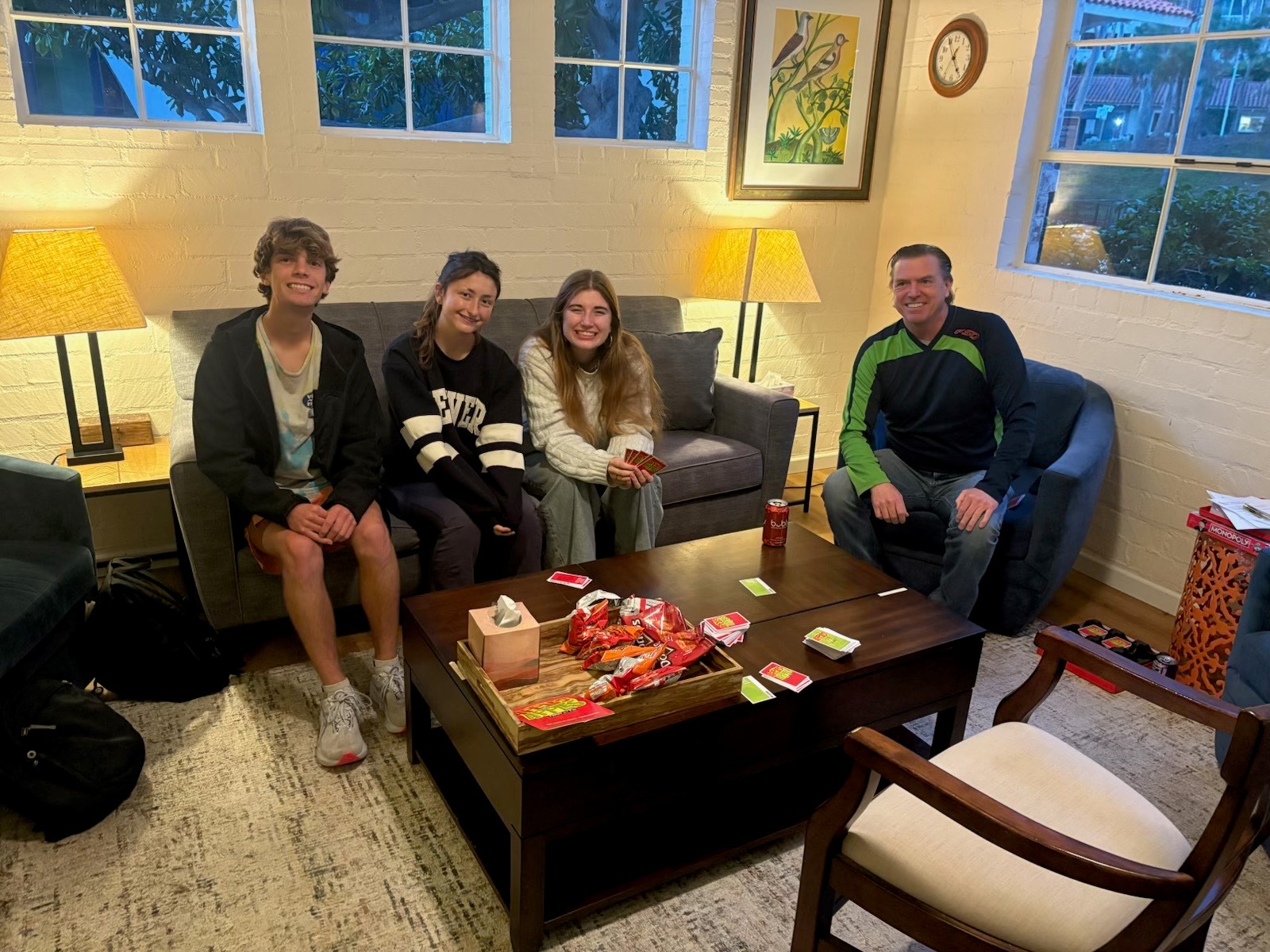
Hermosa voters examining their ballots in November will see the “argument in favor” of a tax-raising initiative begin with the sentence: “Please vote NO on this measure.”
The ringing lack of endorsement was written by activist Jim Lissner, who placed the initiative on the ballot with a petition drive, and then made a surprise about face, repudiating the initiative and attempting to remove it from the ballot, without success.
Lissner has said the initiative, which would impose steep tax increases on some nightspots, would also invite lawsuits against the city, which he does not want to see.
“I wrote this measure, and along with community-minded volunteers spent many hours gathering signatures to qualify it for the ballot,” Lissner wrote in the argument in favor.
“I wrote this measure because City Hall was cutting back on services essential to the community, while at the same time it was ignoring a big subsidy enjoyed by the restaurants and bars in town,” he wrote.
Lissner cited the city’s finance chief’s report that $1.5 million is spent each year in salaries and benefits to police the small but busy PierPlaza.
“I put a lot of thought into this measure, but not enough. Intense public scrutiny has pointed out a number of flaws,” Lissner wrote. “Enough flaws to where I cannot, in good conscience, recommend a ‘yes’ vote on it, despite the fact that the subsidy will continue.”
Before county election officials submitted the “argument in favor” for printing, one of them called City Hall to ask, “Is this right?”
The argument against the initiative, signed by all five City Council members, invokes in its first sentence Hermosa’s greatest threat, a multimillion-dollar breach of contract lawsuit that threatens to bankrupt the municipality.
“This initiative will place the city in jeopardy of potentially hazardous and expensive litigation over an ill-conceived punitive initiative measure, similar to the predicament the city is now facing with the Macpherson Oil case lawsuit,” the council wrote. “If this measure passes, it can threaten the City’s long-term financial stability.”
The argument notes that state law forbade Lissner from withdrawing the initiative after the required number of registered voters signed petitions to place it on the ballot.
“This initiative is confiscatory, punitive, inequitable and fatally flawed,” the council wrote. “The proposed tax fee structure will force many businesses to close or leave.”
The argument points to a city analysis that at the upper end, a business license tax could increase from less than $3,000 a year to more than $600,000, noting that the venerable Comedy & Magic Club would pay more than $100,000.
“The City Council and Hermosa Beach business community unanimously oppose this initiative. It is bad for business, it is bad for the community, and it will put the city in jeopardy of more expensive litigation,” the council wrote.
In addition to Lissner’s initiative, voters will see a competing tax measure backed by the City Council, which covers businesses throughout the city rather than targeting only the nightspots.
The council-backed measure would impose more modest business-license tax increases on downtown nightspots, while cutting the tax for many other businesses. Supporters estimate the measure will raise an additional $200,000 a year by imposing some increases, closing some loopholes, and taxing some businesses that had gone untaxed before.
Councilman Pete Tucker, who served on the committee that worked up the city’s measure, said additional revenues are needed because Hermosa Beach has not increased any of its business license taxes in 23 years.
Councilman Kit Bobko, who also served on the committee, said nearly 95 percent of Hermosa businesses employ 11 or fewer people, and nearly all of those businesses would see some tax relief.
If voters approve both the city’s measure and Lissner’s initiative, Lissner’s increases would be imposed upon some nightspots, and the other businesses would be taxed according to the city measure.








